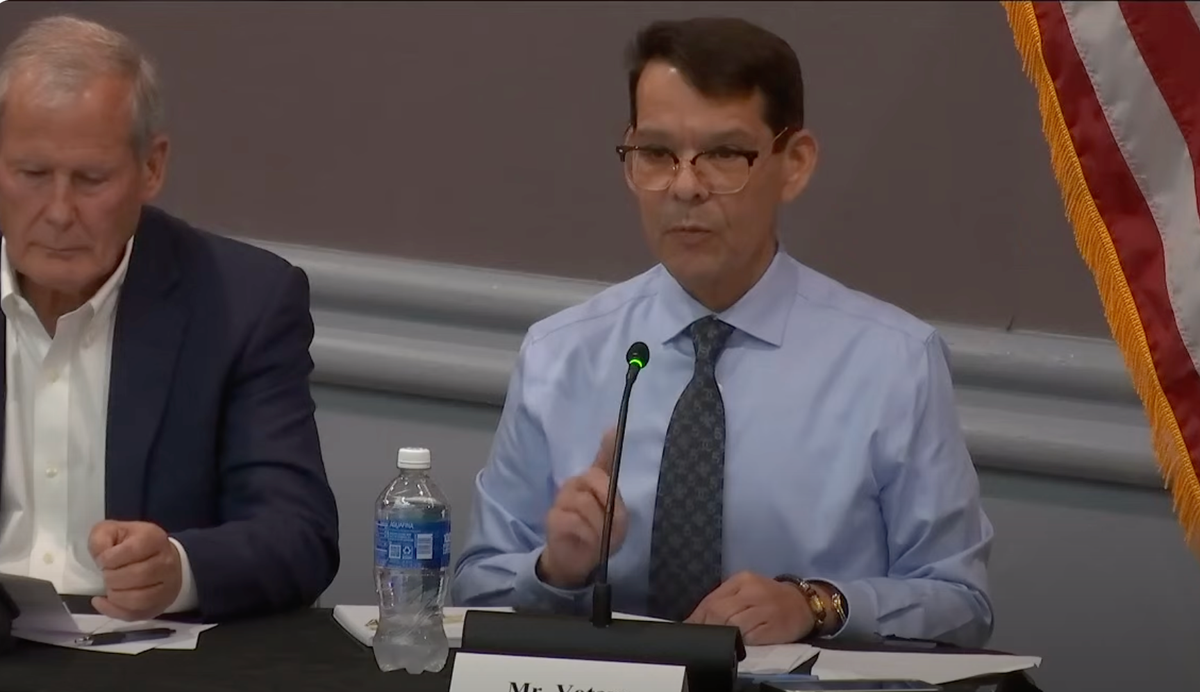
Rural
More that needs to be done for rural Americans, the California-based providers argued.

 Screenshot of House Subcommittee on Communications and Technology hearing Friday
Screenshot of House Subcommittee on Communications and Technology hearing Friday
May 11, 2024—The House Subcommittee on Communications and Technology conducted a hearing on Friday on the state of broadband internet service to rural communities, calling for reforms in permitting and enhanced deployment to underserved areas.
Don Cameron, vice president and general manager of Terranova Ranch highlighted how broadband access helps him work efficiently. He said that it will allow him to do something that he has “dreamed about for years”: automate irrigation for row crops via broadband.
Cameron said that last year his ranch was able to automate the irrigation of 80 acres with the use of broadband. That number to expand to north of 400 acres because of enhanced broadband access, he said, adding that the intricate process of automated irrigation, which includes measuring underground water supply, moisturizing soil, activating pressure sensors and flow meters, would not be possible without broadband.
The process of getting quality broadband has been far too slow, he said, and expressed anger that broadband companies seem to prioritize consumers in major cities while leaving behind rural communities.
Eric Votaw, CEO of Varcomm Holdings, a California-based telecom company that primarily serves rural communities, urged lawmakers to defend the merits of the Affordable Connectivity Program.
Congress should fund and pre-authorize the imperiled program, he said, adding that companies such as Netflix and Google are not paying their “fair share” into the Universal Service Fund program. It was unfair practice of tech companies not paying into the USF that made it more expensive for him to operate middle-mile broadband, he said.
Troy Klinger, director of network operations of Unwired Broadband, said that a capital infusion by the government could help his company expedite its growth. He said that his company would likely not need continuous funding by the government to maintain his broadband infrastructure.
Klinger added that permitting has become an obstacle for his business. He shared that everytime his company makes additions to their towers, a “structural analysis” of the tower must be done and a permit must be acquired. He said that it often takes several months and “thousands of dollars” to satisfy the requirements for these permits and analyses.
Votaw agreed that permitting standards have created a lot of “red tape” and that he tries to avoid deploying in areas with lots of permitting expectations.
Klinger also pointed out that the grant writing process can prevent smaller providers from taking advantage of BEAD funding. He said that the costs that come with grant writing can be prohibitive.

